
7+ Logistics Budget Templates in PDF
Companies have short-term and long-term business goals. To achieve their objectives, enterprises have to maximize the capacity of different business…
Jan 24, 2025
A research proposal is a paper that proposes a research project, usually in the sciences or academia and generally constitutes a funding request for that study. A budget is one of the key components of a research proposal and serves as a blueprint for spending the funds from the project. An effective budget for the proposal outlines the proposed project in fiscal terms and helps reviewers determine how the project is to be carried out.
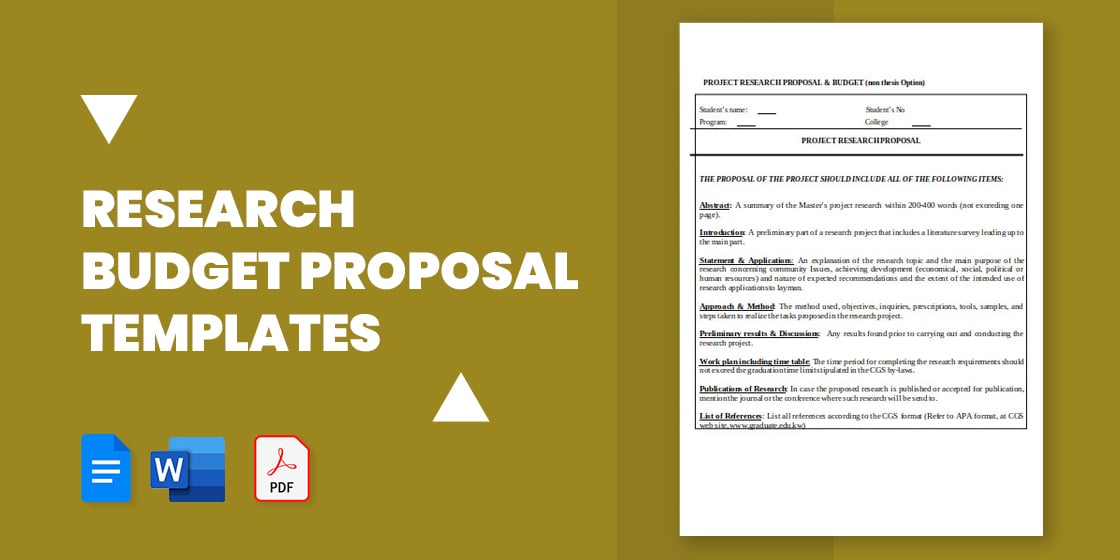
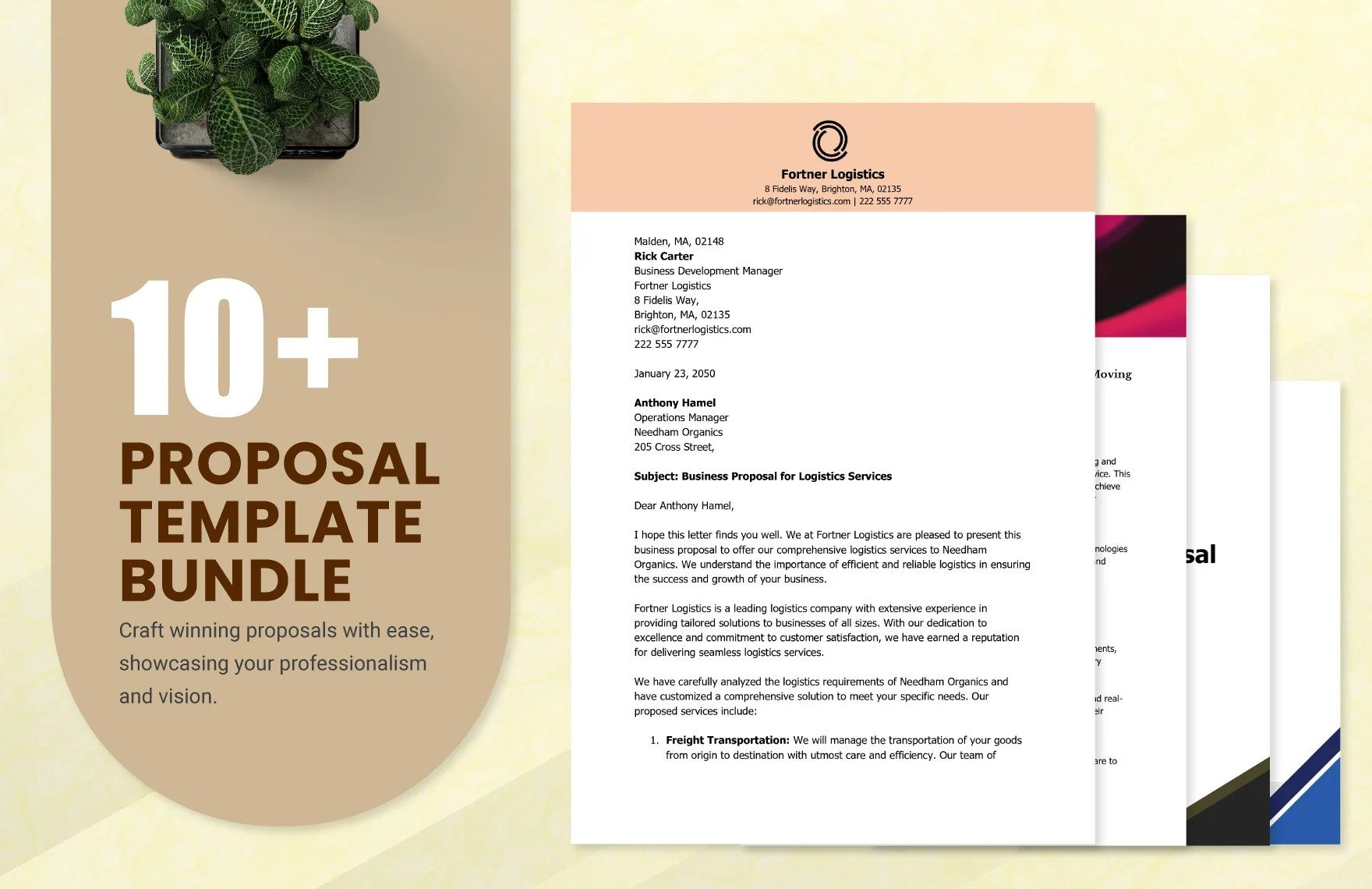
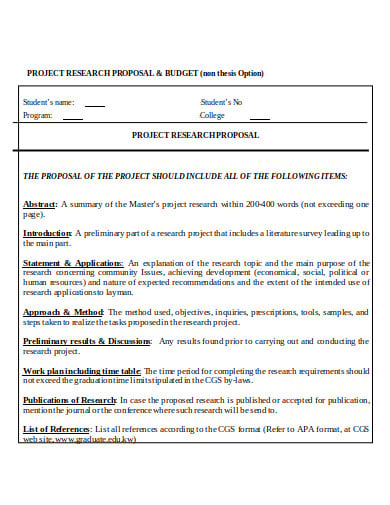 isc.ku.edu.kw
isc.ku.edu.kw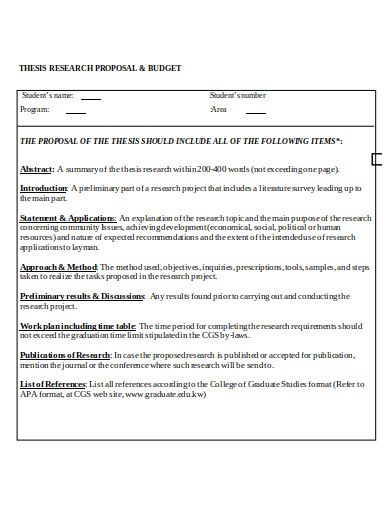 isc.ku.edu.kw
isc.ku.edu.kw southalabama.edu
southalabama.edu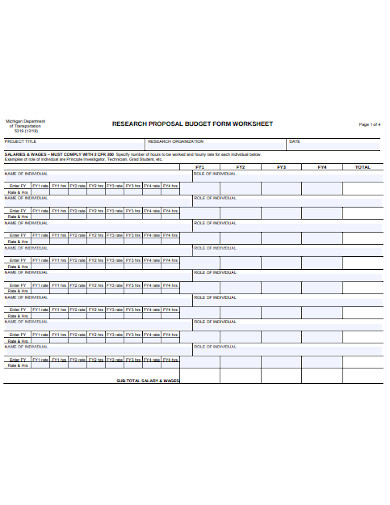 state.mi.us
state.mi.us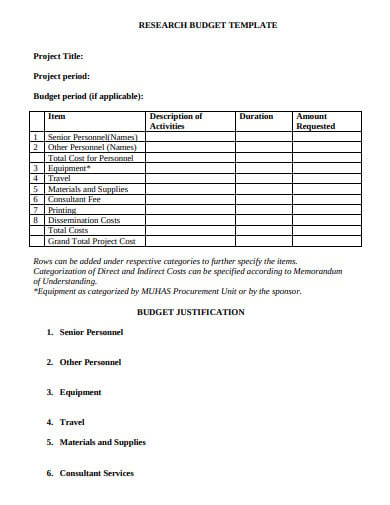 muhas.ac.tz
muhas.ac.tz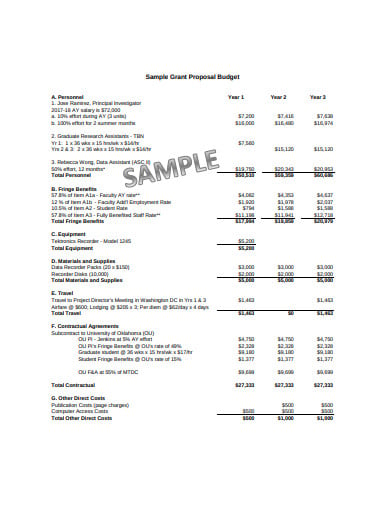 sus.edu
sus.edu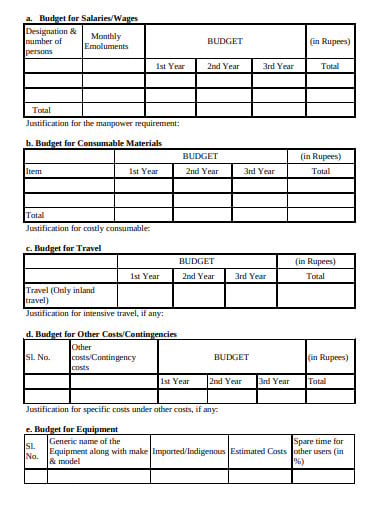 dst.gov.in
dst.gov.in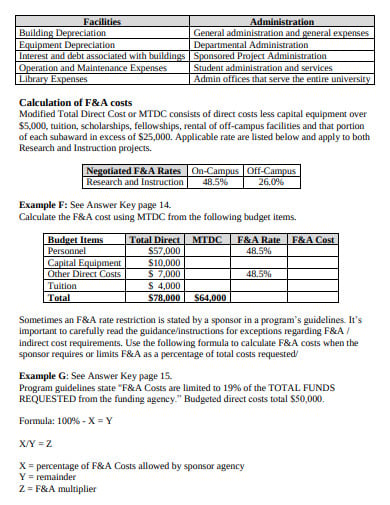 xstate.edu
xstate.edu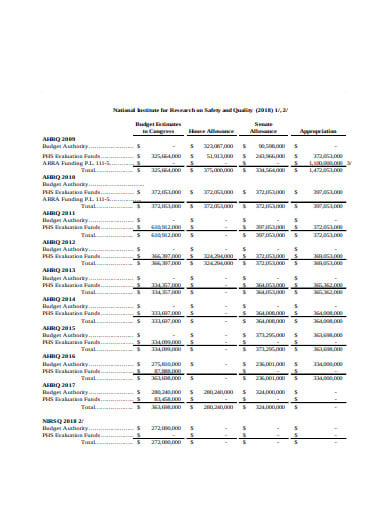 ahrq.gov
ahrq.gov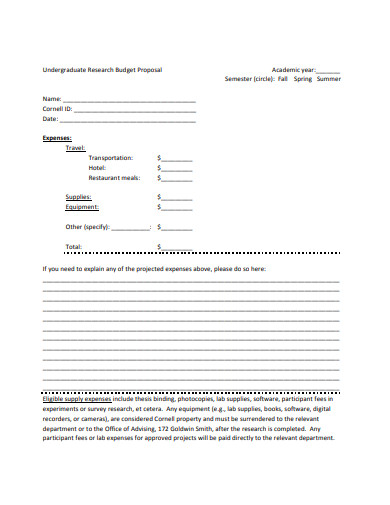 cornell.edu
cornell.edu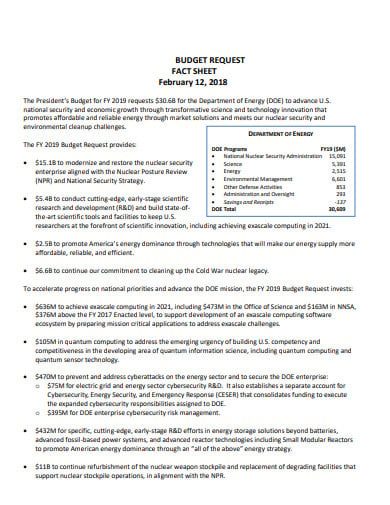 energy.gov
energy.gov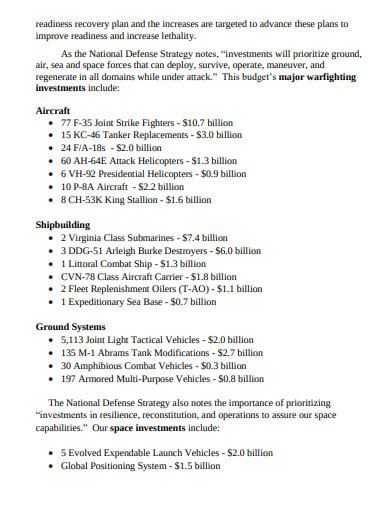 efense.gov
efense.gov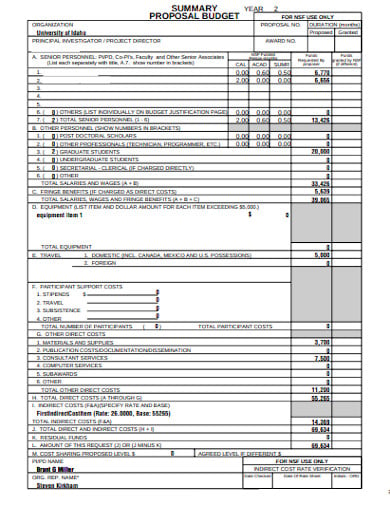 uidaho.edu
uidaho.eduThe budget for a research proposal is generally divided into two parts based on cost groups:
Direct costs refer to those type of costs that can be specifically identified with a particular funded initiative, an educational or administrative task, or one that can be fairly easily attributed explicitly with a high degree of accuracy to such activities. Such expenses include project management salaries and benefits for workers, materials, transportation, facilities, telephones, and postal services. Any items with direct costs should be included in the budget.
Indirect costs are borne by a grantor who can not be specifically identified with a specific program or project. These also include expenses of several of an educational institution’s facilities such as procurement, administration, library, OSP, Technology Transfer Office (TTO), custody, accounting/finance, and security, as well as the upkeep and depreciation of buildings, and amenities. Such expenses are very often attributed to as “business expense budget,” business payroll, or Facilities and Administrative (F&A) costs.
The first step is to create a list of all you want to do in the venture and who will perform those tasks. Take the technique and turn it into a step-by-step plan. For example, if you have decided to question fifty people or so, write that down on the list. If after that you have decided to conduct statistical analysis template on the sample that you have chosen, you need to write that down too. Go through the implications of what you are going to do. Research work generally involves travel. If your research involves travel too, each trip needs to be written down separately. Be precise with it. For instance, you cannot write that you will go to ‘Australia’ for fieldwork. You have to mention that you have selected your samples from Sydney, Perth, and Melbourne. The consecutive budget list would include the following points:
There will be a specific funding scheme of the institution under which you will be doing the research. After you’ve described all you want to do, you need to read the rules of the specified funding scheme. You need to know what is allowed and what is not. For example, if the financing scheme does not pay for the equipment, you will need to acquire it from somewhere else. So put it aside. Many programs will not finance people. Others are not going to fund travel. You must know what your project needs. Just as critical is understanding what you can include in the application you are currently writing. Most funding mechanisms will not fund infrastructure (such as construction costs) and other issues not specifically related to the project. Yet some may. If they do, you should include the total costs you would need to maintain the company. You may also be interested in our Research plan templates.
Find an acceptable cost for every item on your list. Can you interview the 50 men, and do the statistical analysis without any help? If so, would you need to take time off from work and if so, how long will it be? What is your income statement for that period? Or how much will it cost to hire a replacement for that period? Keep in mind to mention hidden costs, such as on-cost salaries.
Take note from where every one of the predictions originated. If you write the reason for the proposal, that will be useful later. A spreadsheet is the right tool for the job when you’re dealing with budgets so make sure that you know how to use it. Learn enough to build a simple budget; you’ll get through most of it by adding things and combining them. If your budget does not add up correctly as you’ve built it up as a table in Word, two things are going to happen. Firstly, you’re going to look stupid. Secondly, people will lose faith in all of your other statistics.
It is a justification for the budget that accompanies every budget templates. You need to answer two questions for every item in your budget: Why do you need that money? And where did you get your numbers from? The justification of the budget connects the budget to your project plan and back again. All things in your budget should be listed in the justification for the budget. Give a short paragraph for each element which tells why you would need it. Stick to the project plan, and build on what’s in it.

Companies have short-term and long-term business goals. To achieve their objectives, enterprises have to maximize the capacity of different business…
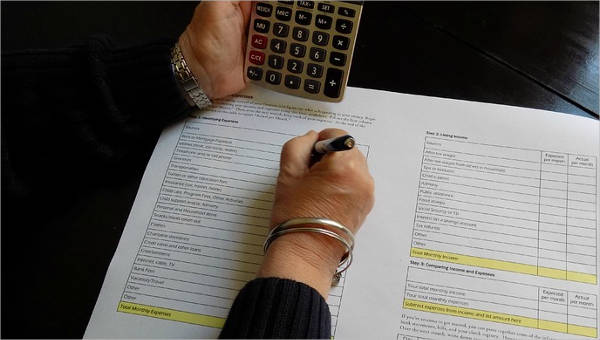
Renovating your home or your office space takes time and a proper budget. It never comes at a low price.…
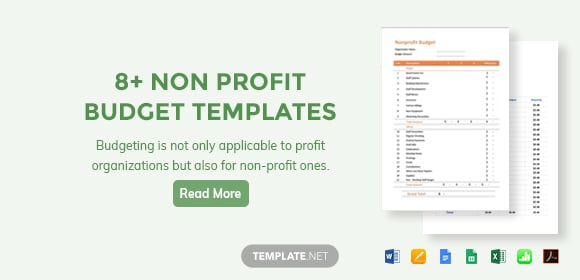
Budgeting is not only applicable to profit organizations but also for non-profit ones. The use of budgets aids the stakeholders…

With the uncertainties of the future, people have to prepare the necessary precautions to avoid disaster. Although there’s no telling…

A research proposal is a paper that proposes a research project, usually in the sciences or academia and generally constitutes…

A research grant budget is a key component of most awarded proposition and fills in as an outline for spending…

budget templates budget in word budget in docs budget in PDF budget in excel budget in sheets budget in pages…
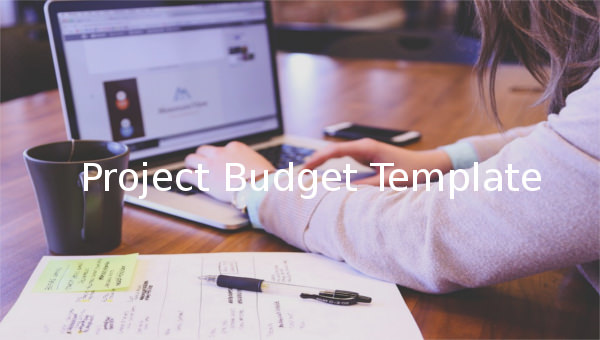
A project budget template is usually prepared before the beginning of important tasks. The construction budget template helps to identify…

An internal audit budget determines if the budgeting process is working efficiently. This is an assessment of the budgeting effort.…